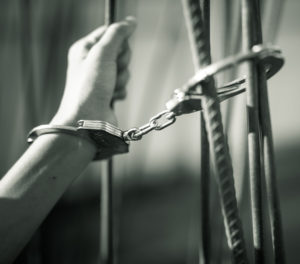
The Super Bowl is only a couple days away, and the event is often championed as the single largest time for sex trafficking in the United States. That claim may not be perfectly accurate, but there are two things we know: Sex trafficking is a problem in Minnesota even when we’re not hosting the Super Bowl, and there will likely be an influx of traffickers and victims during the days leading up to the Super Bowl.
Recently, a lot of information has come out about sex trafficking in Minnesota and how victims end up in the violent cycle of abuse. Victims are often targeted because they have run away from home, they have problems with alcohol or drugs, or they have unaddressed mental health issues. It can be extremely difficult for these victims to escape once they are embroiled in the world of sex trafficking, which is why law enforcement and citizens need to keep their eyes peeled and their ears open for signs that suggest something out of the norm is going on.
Ending Sex Trafficking
Aside from being vigilant in your community, what can you personally do to help end sex trafficking in Minnesota? The University of Minnesota recently came out with some action points that you can follow to help fight against sex trafficking. Here’s what citizens can do:
- Deepen your understanding of the problem of sex trafficking by reading up on the issue, watching a documentary or finding more information online.
- Talk to the children in your life about sex trafficking. Talk to your daughters about staying safe and trusting the right people, and talk to your boys about respecting all women, because men are often the driving force behind sex trafficking as both facilitators and buyers.
- Talk to your child’s school board or teachers, and look for signs of being victimized. Signs include multiple unexplained absences, frequent travel to other cities, a sudden ability to have expensive items, depression or physical injuries.
- Monitor your child’s use of the internet, and keep tabs on who they are calling and what types of text messages they are sending.
- Consider volunteering at a shelter or a local youth organization, like the Boys & Girls Club or the YMCA.
- Be aware of street activities in your neighborhood, and if you see something suspicious, inform the authorities.
- Contact your local, state and federal elected officials and judges to make them aware of your concerns about sex trafficking, and encourage them to support policies and sentencing options that protect victims.
These tips are especially important during Super Bowl week, but just because the game ends doesn’t mean sex trafficking leaves the area too. Stay vigilant and stay informed about the issues facing young women every day in our own back yard.





